Reverse Auction
Tightly manage your pricing for indirect goods or services with the use of reverse auctions. A Reverse auction forces your suppliers to compete in real time, providing their best possible pricing. Generate 18% - 40% cost savings on many sourcing categories.
See how we do it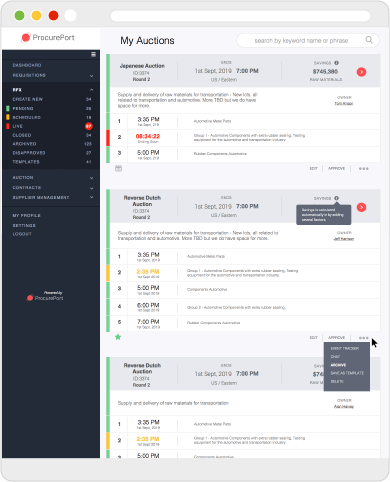
What is Reverse Auction?
Reverse Auction Definition - A type of negotiation process used in Strategic Sourcing; and is exactly the opposite of a forward auction. E-bay auctions are forward auctions initiated by the Seller in which the Buyer bids the price up.
In a reverse auction, the roles are reversed; the auction is initiated by the Buyer and the Supplier bids in real time driving the price down. It is a type of competitive bidding conducted on reverse auction websites, which is suitable when the only point being negotiated between the Buyer and the Supplier is price.
Always ensure that all other points such as supplier capability, quality of service, timelines of delivery, financial stability, etc. have already been confirmed as per your company satisfaction.
Reverse Auction Advantages
There are many benefits of e reverse auction as listed below:
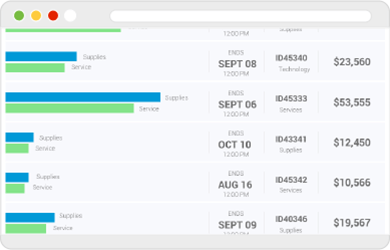
-
Save time in collecting bids from suppliers
-
Increased transparency in the bidding process; improving supplier relationships
-
Cost savings ranging from 18% to 40%
-
Increased compliance and Data security provided by reverse auction companies
Types of Reverse Auction Format
The ProcurePort Reverse auction software has various configurations that can be used to conduct different types of reverse auctions.
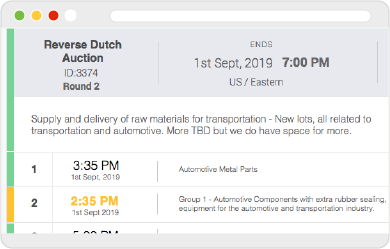
-
English Reverse Auction - Suppliers strictly compete on being the lowest price in the market
-
Global Reverse Logistics Auction - e-Auction specifically for negotiating logistics/transportation pricing
-
Insurance Reverse Auction - A reverse auction process flow specifically designed for negotiating insurance products
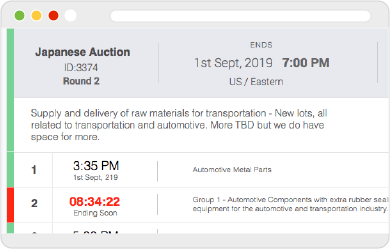
-
Energy Reverse Auction - Online auction sites that specialize in assisting companies who wish to reverse auction energy purchase for commercial and residential energy as well as reverse auction renewable energy
-
Reverse Dutch Auction - A type of auction where the buyer sets a low starting price and price moves up in defined increments at defined time intervals. As soon as a supplier accepts the current price, the auction closes.
-
e-Auction for Legal Services - Reverse Auction Software that can be configured to auction legal services provided by law firms Internet Reverse Auction works and helps companies save time as well as generates cost savings
How to Conduct a Reverse Auction
Online reverse auction sites such as the one provided by ProcurePort can be used to conduct various auction types. Reverse auction best practices consist of the following steps:
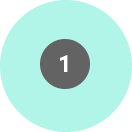
Spend Analysis
Conduct a Spend Analysis of your current Indirect Procurement Spend. Identify Goods or Services where you have a significant spend volume and are purchasing from multiple suppliers, ideally three or more incumbent suppliers per category. The higher the number of suppliers, the better.
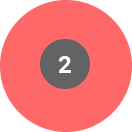
Spend Patterns
Once the product or service is identified, conduct an in depth study of the spend volume and spend patterns related to that spend category. This would include identifying the total spend for the past 12 months as well as the overall volume annually as well as per transaction.

Spec Document
Create detailed specification documentation related to the product or service you plan on purchasing using this auction format. Specifications should include drawings, spend value, spend patterns, quality and delivery requirements, supplier capability requirements, etc. Detailed product and service specifications are key to a successful outcome in an auction process
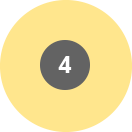
Suppliers
Identify the suppliers you wish to invite to the auction process and provide sufficient training and documentation to the suppliers so that they are fully aware of the overall purchasing process via e-Auction. This should include, ensuring that suppliers have reviewed and understood the specifications, auction rules, participation terms and conditions, legal terms and conditions, etc.
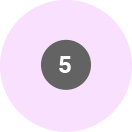
The Right Software
Use an auction software that is cloud hosted and easy to use. This will ensure optimum participation from suppliers. Ensure that the auction rules are clearly understood by the suppliers prior to the live e-Auction.
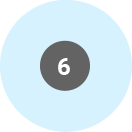
Communication
Communication prior, during and after the e-Auction is key to ensure that the auction is successful and you are able to award business. An integrated chat and messaging system is critical for any auction software to ensure that all communication channels are open at all times between the Buyer and Supplier to clarify any questions related to the auction process as well as any specifications documentation. Set realistic opening prices for all items and services that are part of the reverse bidding process.
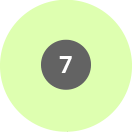
Awards
Once the e-Auction is over, ensure that you communicate award timelines to the participating suppliers. Make award decisions as soon as practicable and thank all participating suppliers. Typically the award decision is based on a combination of factors such as price, quality, delivery capability, etc. It is not necessary that the lowest price supplier win the auction.
Savings generated via an online auction are only good if those savings are realized. To ensure that you capture the savings generated by implementing the reverse auction procurement strategy, be sure to follow through on your award as well as proactively track all purchases made, to fully realize the reverse auction supply chain benefits.
The role of Reverse Auctions in Strategic Sourcing
Strategic sourcing consists of many process steps such as Spend Analysis, Automating the Purchase Request (Requisitions), Quote Request (RFQ), Information Request (RFI), Contract Management, Supplier Management and Purchase Order Management.
Reverse auctions play a key role when it comes to ensuring that you are being quoted the current market price for the goods and services you are procuring and also improve supplier relationships due to increased transparency. Mainly used for procurement spend related to indirect goods and services, auctions can play a critical role for potential buyers in streamlining the bidding process, increasing transparency and compliance between the Buyer and Suppliers involved.
Additionally, sourcing goods or services using the reverse auction bidding format can generate significant cost savings, thereby adding bottom line value to your overall procurement spend.
If your organization is looking at the implementation of e-Auctions in the overall strategic sourcing process, online cloud hosted software such as the one provided by ProcurePort can bring significant ROI with minimum investment.
Example Organizations and Industries that can benefit from e-Auctions
B2B Auction software can be a useful tool for spend management in many industry verticals such as:
-
Healthcare - Consumables such as gloves, syringes, cleaning supplies
-
Manufacturing - Maintenance and services. Purchasing of indirect goods and materials
-
Retail - Marketing, advertising, merchandising, retail space maintenance, Store fixtures, Signage
-
Government - Government reverse auction generate significant savings for spend related to maintenance, services, fleet vehicles, insurance, temp labor, IT services, IT equipment, Software, Office supplies
-
Financial - Reverse auction Legal Services
-
Banking - Office supplies, maintenance and services, IT Equipment, etc.
Trusted globally by sourcing professionals & organizations.







